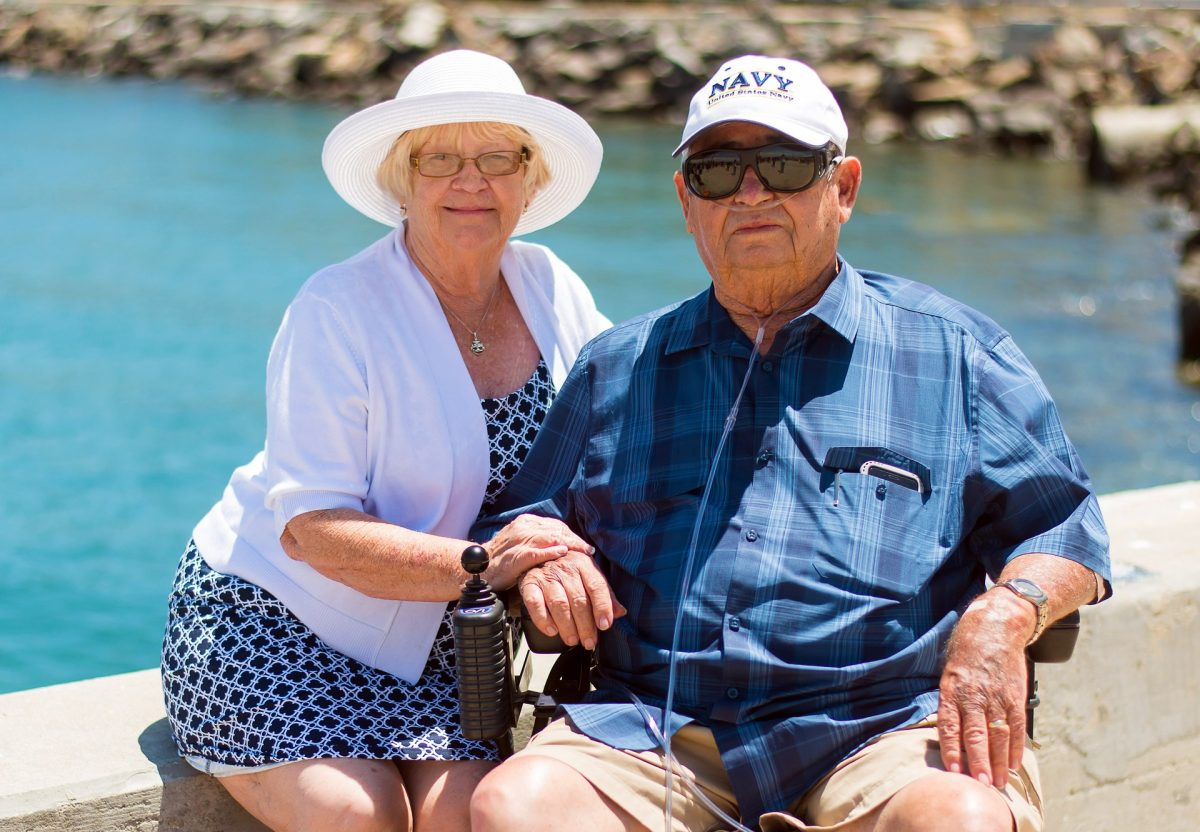Myth: Hospice is Only for the Last Days of Life

Although though there is much information available about the benefits of hospice care, many misconceptions still exist which could keep you from seeking hospice care early. This series aims to debunk these myths and provide an accurate picture of how hospice adds life to days.
Debunking the Hospice Myth
One misconception about hospice care is that the care is only for the last days of life. The truth is that hospice patients can receive care for six months or longer, depending on the course of their particular illness. Patients benefit from personalized nursing care, medical equipment and supplies related to their terminal illness. Family members receive emotional and spiritual support, ongoing education about disease process and changing care needs, assistance navigating community resources, and grief support after the death of their loved one.
In 2017, the average days of care for hospice patients was 76.1, as reported by the National Hospice and Palliative Care Organization. Experts agree, hospice is most beneficial for a minimum of 3 months, with 6 months being ideal.

Hospice is not just utilized for a patient’s last days.
Image by Kim Heimbuch from Pixabay
Research studies show that those with a terminal illness who choose hospice care tend to live longer and have better quality of life than those who choose more aggressive end-of-life medical care. According to the National Hospice and Palliative Care Organization, hospice patients with the most common illnesses leading to death were found to live an average of 29 days longer than non-hospice patients with the same illnesses. This average is significantly longer for patients with congestive heart failure, lung cancer, and pancreatic cancer.
Hospice is not just utilized for a patient’s last days. It focuses on giving expert care, comfort and support to both patients and family members through the end-of-life journey.
Contact Unity 24/7 if you have any questions or if you would like to schedule a free informational visit in your home.
If you found this information helpful, please share it with your network and community.






